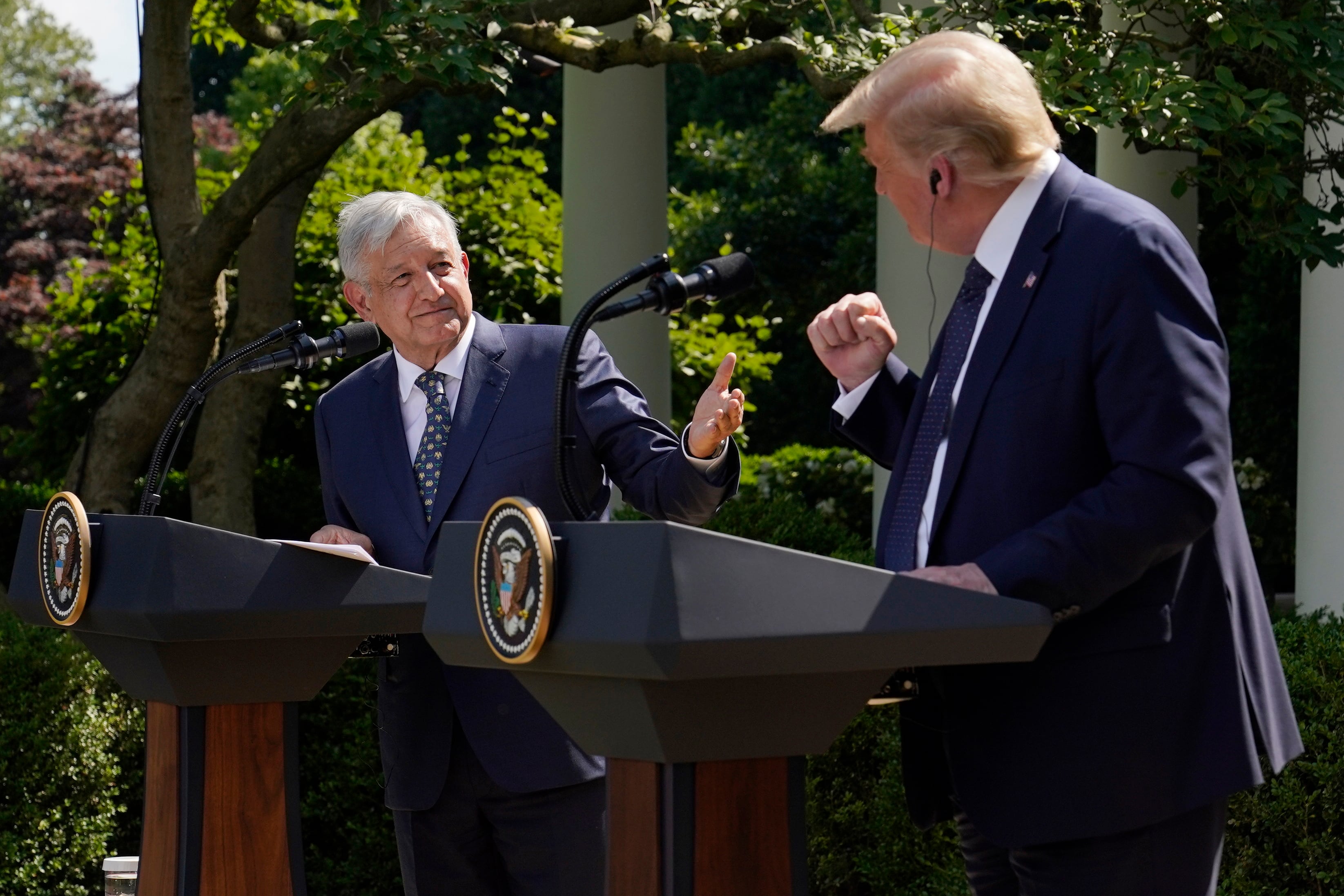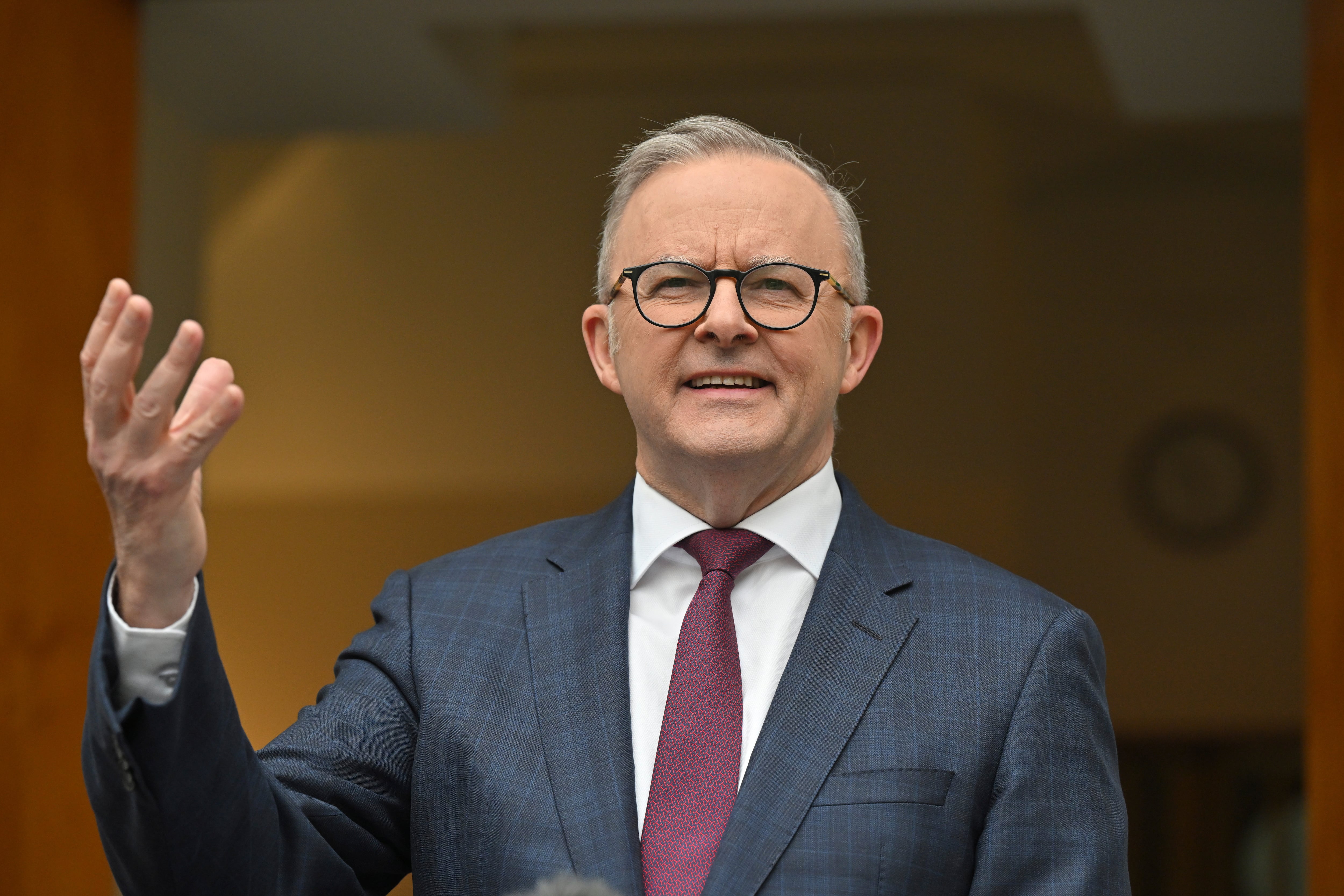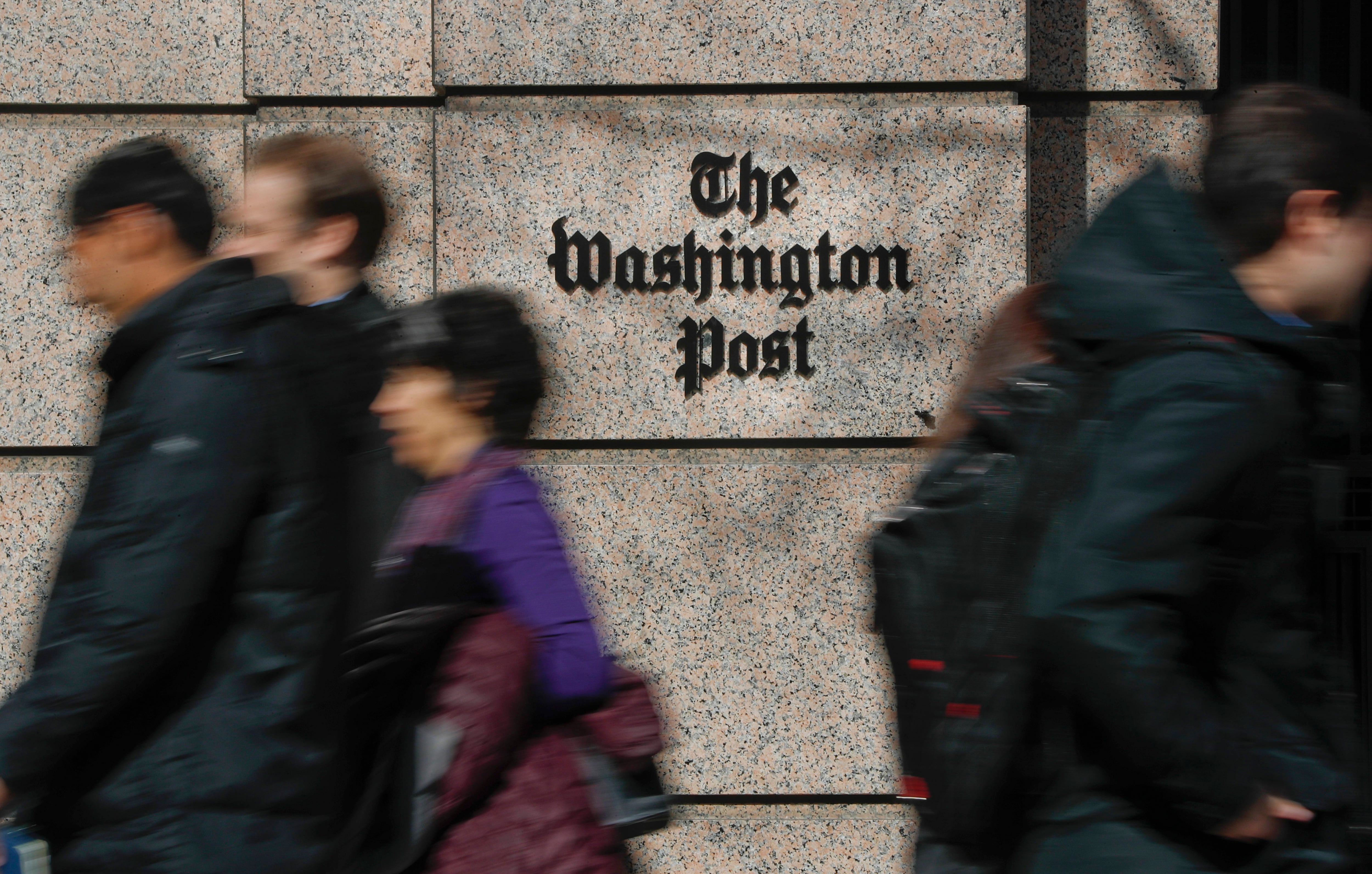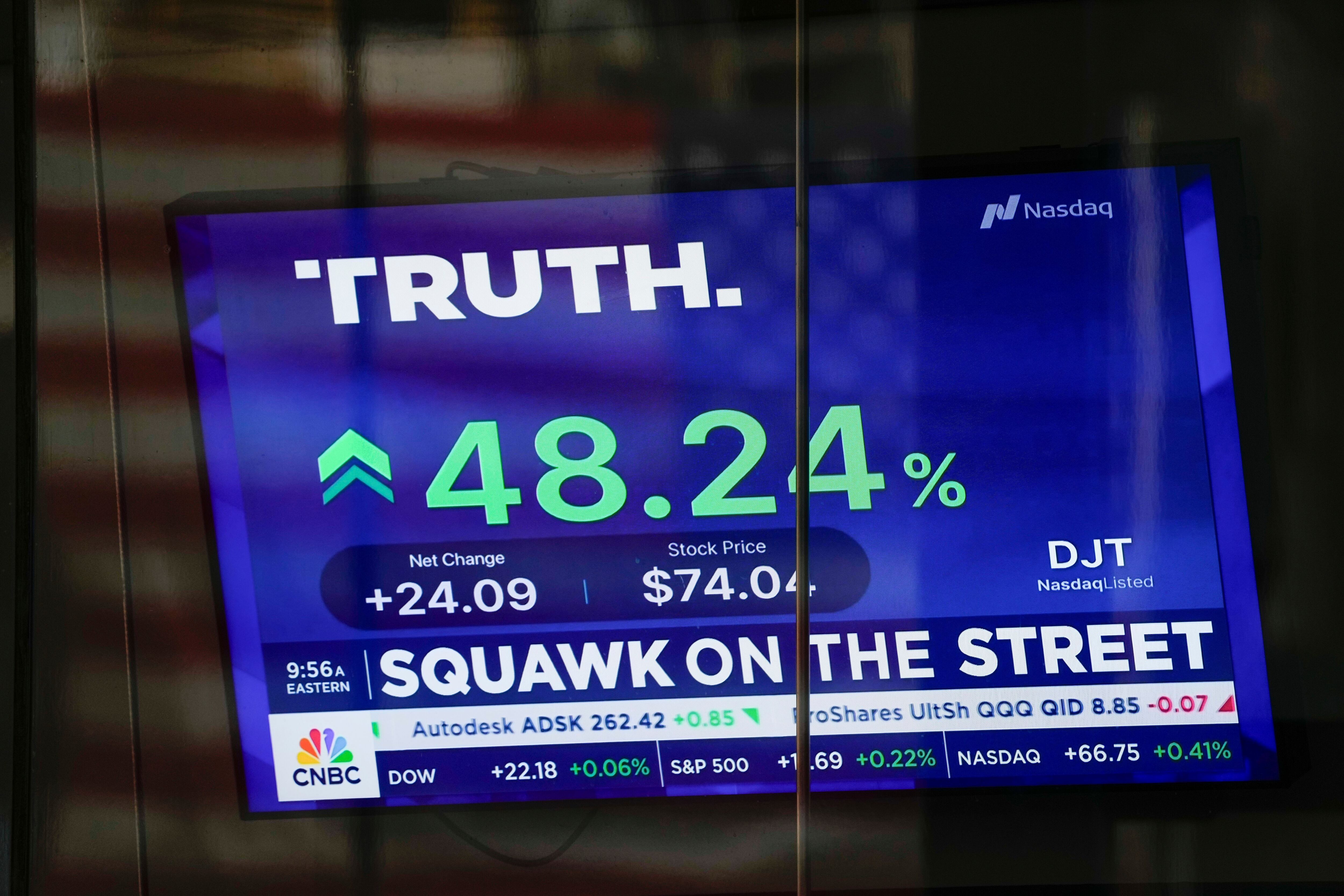Wall Street Journal reporter Evan Gershkovich lost an appeal Tuesday to be released from jail on espionage charges, meaning he will remain behind bars at least through Nov. 30.
Gershkovich, 31, had a mostly blank expression as he appeared in the defendant's glass cage in Moscow City Court in blue shirt, T-shirt and jeans. He marked six months in custody on Sept. 29.
It was the second time in less than a month he had appeared before a judge to appeal an August decision to extend his pre-trial detention through November. On Sept. 19, the court declined to hear the appeal, citing unspecified procedural violations.
The U.S. Embassy in Moscow said in a statement that it was “deeply disappointed” that Gershkovich’s appeal was rejected, adding: “Evan should be released.”
The journalist was detained in March while on a reporting trip to the city of Yekaterinburg, about 2,000 kilometers (1,200 miles) east of Moscow.
The court proceedings are closed because prosecutors say details of the criminal case are classified.
Russia’s Federal Security Service alleged Gershkovich, “acting on the instructions of the American side, collected information constituting a state secret about the activities of one of the enterprises of the Russian military-industrial complex.”
Gershkovich and the Journal deny the allegations, and the U.S. government has declared him to be wrongfully detained. Russian authorities haven’t detailed any evidence to support the espionage charges.
He is being held at Moscow’s Lefortovo prison, notorious for its harsh conditions. Gershkovich is the first American reporter to be charged with espionage in Russia since 1986, when Nicholas Daniloff, a Moscow correspondent for U.S. News and World Report, was arrested by the KGB.
Analysts have pointed out that Moscow may be using jailed Americans as bargaining chips after U.S.-Russian tensions soared when Russia sent troops into Ukraine. At least two U.S. citizens arrested in Russia in recent years — including WNBA star Brittney Griner — have been exchanged for Russians jailed in the U.S.
The Russian Foreign Ministry has said it will consider a swap for Gershkovich only after a verdict in his trial. In Russia, espionage trials can last for more than a year.












